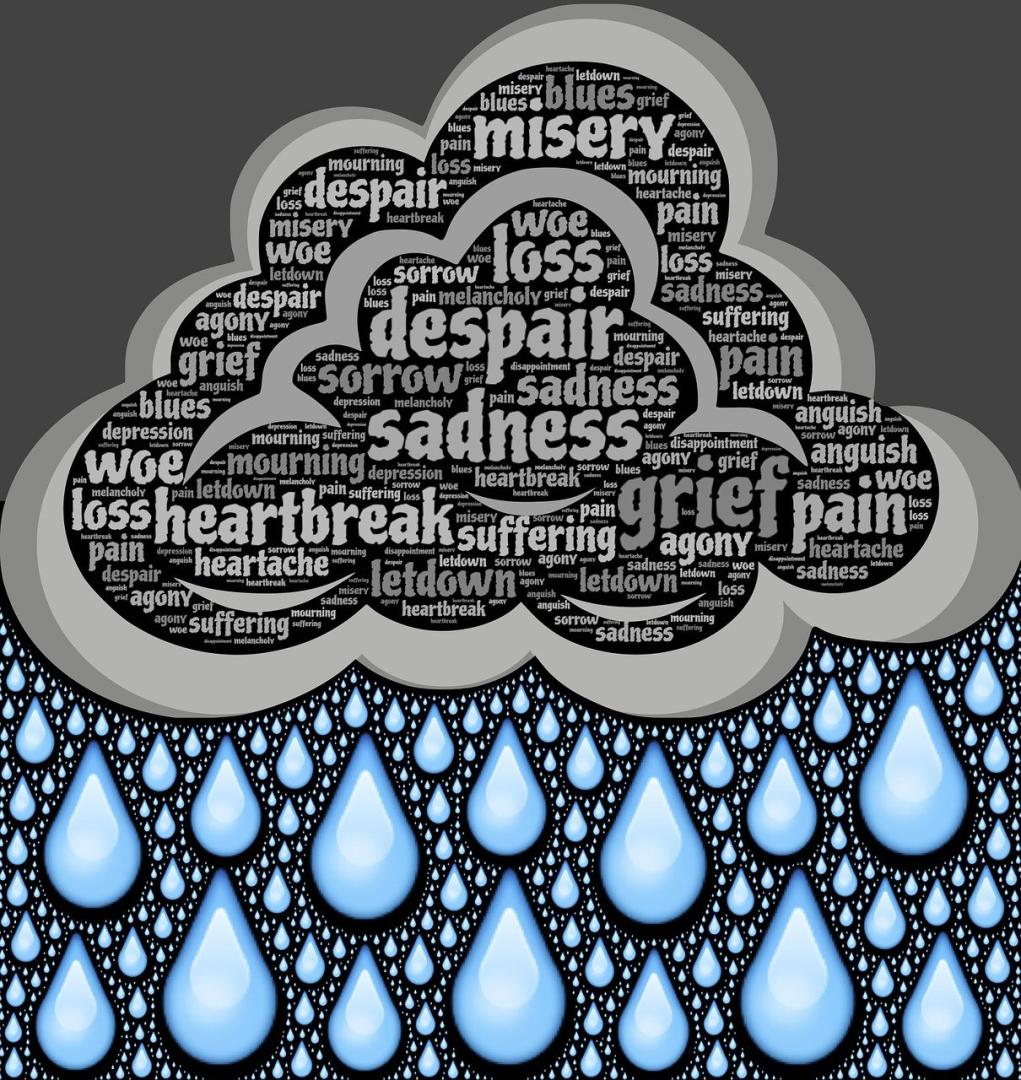We’ve all told a white lie or two—small fibs to avoid awkwardness or spare someone’s feelings. On the surface, these lies seem harmless, even considerate. After all, who wants to make a situation more uncomfortable by being brutally honest? However, even these seemingly inconsequential untruths can have far-reaching consequences, creating ripples in our personal and professional lives. Let’s take a closer look at some of the most common white lies and their potential effects.
“I don’t know that person.”
This phrase often slips out when someone asks about an acquaintance or connection you’d rather not discuss. Whether the motivation is to avoid confrontation or dodge an awkward explanation, this lie can create unnecessary distance. For the person being lied to, discovering the truth can lead to feelings of disrespect or insignificance. A simple, honest acknowledgment might be uncomfortable in the moment, but it builds trust and avoids potential misunderstandings down the line.
“I love you too.”
Few phrases carry as much emotional weight as “I love you.” When uttered sincerely, these words can deepen a connection and affirm a bond. But what happens when someone says it out of obligation, fear of hurting the other person, or a desire to avoid conflict? The dishonesty behind this lie can erode trust over time, leaving both parties feeling unfulfilled and emotionally distant. Saying “I love you” should always be a choice, not a reflex. Honesty in matters of the heart allows relationships to grow authentically.
“You don’t have to worry about money.”
Money is a notoriously sensitive topic, particularly in relationships. While telling a partner not to worry about finances might seem reassuring, it can lead to deeper issues if it’s not true. Financial dishonesty blocks open communication, which is essential for understanding each other’s needs and building a stable future. A more constructive approach involves transparency and teamwork—working together to address concerns and find solutions rather than masking them with false reassurances.
“I’m fine.”
One of the most common white lies is claiming to be fine when you’re not. It’s an easy way to deflect concern and avoid vulnerability, but it also prevents genuine emotional connection. In relationships, this lie can create distance, as it keeps partners from fully understanding and supporting each other. Being honest about your feelings—even when it’s hard—builds intimacy and fosters a deeper bond. While it might feel risky to open up, the rewards of emotional honesty far outweigh the temporary discomfort.
The Ripple Effect of White Lies
White lies may seem trivial, but their impact often extends beyond the moment they’re told. They can chip away at trust, foster misunderstandings, and hinder authentic relationships. While complete honesty isn’t always easy, it’s a cornerstone of meaningful connections. By choosing honesty over convenience, we show respect for others and create a foundation for stronger, more genuine interactions.
The next time you’re tempted to tell a white lie, consider the potential ripple effect. A little discomfort in the moment is a small price to pay for the long-term benefits of trust and authenticity. In the end, honesty isn’t just the best policy—it’s the key to deeper, more fulfilling relationships.



